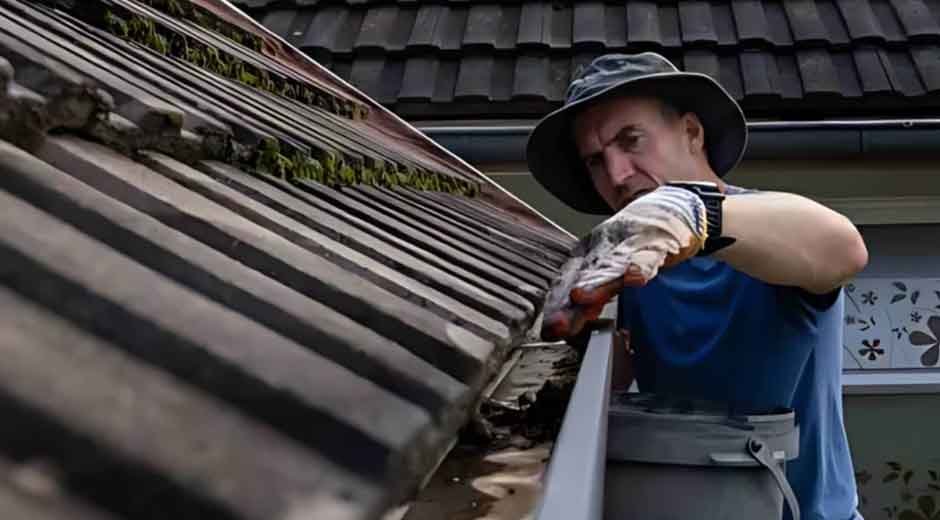Did you know that healthcare fraud affects public healthcare systems and contributes to increased taxpayer spending? Upcoding and unbundling are common healthcare billing misconducts that lead to inflated reimbursements. Let’s explore how these tactics impact whistleblower cases in healthcare.
How Upcoding and Unbundling Work in Real Cases
Upcoding occurs when providers bill for more expensive services than those actually performed. Unbundling, on the other hand, involves billing separately for procedures that are meant to be grouped under a single code. These tactics are frequently used to increase payouts from Medicaid or Medicare. The role of a Medicare fraud whistleblower becomes critical when such billing abuse is systematic and deliberate.
Many cases reported involve subtle forms of deception. A hospital might bill for a complex procedure when a basic service was provided. Or a clinic might separate routine tests to gain a higher total reimbursement. Such schemes are difficult to detect without someone inside stepping forward.
Financial and Legal Effects of Fraudulent Billing
False claims submitted through upcoding or unbundling can trigger serious penalties. These can include large fines, exclusion from federal programs, and even criminal charges. For whistleblowers, their reports often lead to substantial recoveries under the False Claims Act. Organizations may face legal repercussions, and individuals may also be held personally liable.
The financial harm to government programs can reach into the millions. Each fraudulent claim drains resources meant for genuine patient care. Whistleblower lawsuits help return these funds while deterring future abuse. Courts often rely heavily on internal reports when building their cases.
Common Industries and Entities Involved
While hospitals and large clinics often appear in news headlines, smaller practices are frequently involved too. Upcoding and unbundling cases span across radiology, physical therapy, mental health services, and home health care. Any provider submitting claims to Medicaid or Medicare can be implicated.
Upcoding and unbundling cases can be from:
- Hospitals sometimes use software to upgrade billing codes without provider input
- Diagnostic labs may break apart bundled tests to maximize reimbursement
- Rehabilitation centers might bill for hours not actually provided
- Outpatient clinics often inflate visit levels or claim unnecessary procedures
- Home health agencies can report services not performed or misstate patient conditions
Despite the variety of settings, the core issue remains the same: billing more than what was earned. Choosing a trustworthy legal team can help ensure the case is handled with care and precision. It’s important to work with professionals who understand the details of healthcare fraud cases.
How Legal Support Shapes the Outcome
Legal representation plays a crucial role from the start of a whistleblower claim. Lawyers help collect evidence, file the correct documents, and guide the whistleblower through the investigation. They can also negotiate settlements or support the whistleblower in court. Proper legal handling ensures the claim stands up to government scrutiny.
Some firms focus exclusively on healthcare fraud, giving them insights into recurring patterns and tactics. They understand how to spot coding irregularities and build a case around them. This level of detail can make the difference between a successful claim and one that gets dismissed. For those involved in complex billing fraud, having legal backing is often the key to results.
Upcoding and unbundling misuse federal programs and create challenges for compliant providers. Whistleblowers help level the field and restore integrity to healthcare billing. A Medicare fraud whistleblower who takes the risk to speak out plays a vital role in protecting taxpayer funds. Legal tools exist to support them, but the decision to report remains a deeply personal one that carries both risks and rewards.










